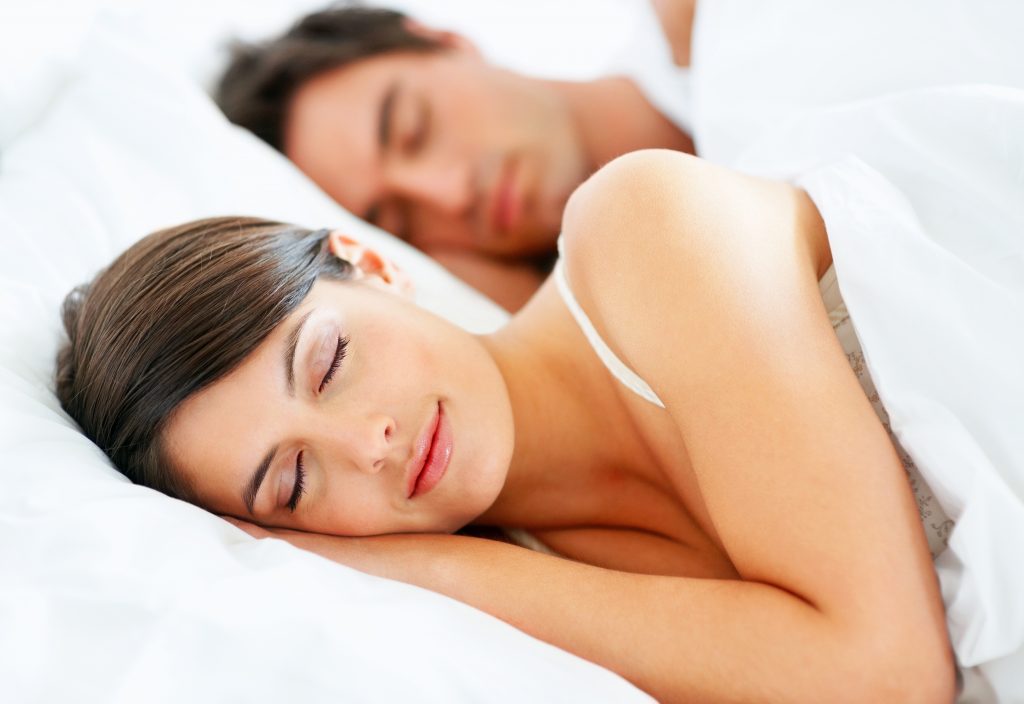
Sleep is critical for the body to rejuvenate itself. While you are sleeping, your body is creating new cells, getting rid of old ones, and working to make you healthier. Without 6-9 hours of sleep, your body does not function as highly as it could. A staggering 66% of patients in pain complain of sleep problems. And among those with insomnia, 42% have a least one type of chronic pain. Pain makes it difficult to sleep, and a lack of sleep aggravates pain. No one should have to deal with this everyday. Even if you look into something as simple as CannaTrading topicals and creams, you could find a solution that can help you achieve a better night’s sleep. Who wouldn’t want that? Most patients have problems with sleep onset and maintenance. Sleep is a key indicator of your overall health. People who eat healthy food and have a good quality of life get the recommended amount of sleep each night (7 to 9 hours). Sleep, diet, and exercise are interrelated. Staying active and healthy helps you sleep better and also helps to manage your pain. Some like to add cannabis strains similar to death bubba into the mix to improve sleep and reduce pain at the same time. Sleep restores our mental and physical function, and facilitates the production of anti-oxidants that are protective.
Sleep deprivation increases levels of inflammatory molecules called cytokines which can lead to medical problems. Sleep loss can aggravate chronic inflammatory conditions, and lead to chronic pain conditions. Think of the muscle aches and pains you experience when you don’t sleep well. Sleep loss can also aggravate fibromyalgia. Studies on depriving people of slow wave sleep (the deepest level of sleep) show that muscle aches develop and pain threshold lowers. Fortunately, studies in animals show that more sleep can speed recuperation.
Make sleep a priority. Being motivated to sleep can actually increase the amount of time you are actually asleep. Looking at your phone or any sort of screen immediately before going to sleep does not promote good brain activity. Instead, avoid the screen and try stretching or breathing exercises.. Giving your body and brain enough time to rest and concentrate on sleep will help promote a better night’s rest. If you find that you struggle to go to sleep, then you might need to change up a few things first to help you. Why not consider getting a new mattress? You can check out these top mattress picks to make sure that you have the right one for you. You could also make sure that you stop drinking caffeine before bed, or going on your phone.
Without sleep you pain worsens, over half of the American population, according to a 2015 Sleep in America poll suffer from either chronic or acute pain. The key to treating the problem is sleep hygiene and pain control.
First line treatment is cognitive behavioral therapy (relaxation, coping skills, and changing negative thoughts about sleep into positive ones). Many studies show significant benefit and it really can provide long term correction of insomnia. Make sure you go to bed at the same time and get up at the same time, avoid exciting activities before going to bed, use dull light in the evening, and go to bed only when you’re tired. Consider calming therapies like yoga, acupuncture, or even nerve stimulation. Some patients swear by acupuncture and herbals. Pain medications like nortriptyline, gabapentin (neurontin), and pregabalin (lyrica) can benefit pain and sleep. Melatonin can help by influencing the biological clock to induce sleep. A newer medication called silenor (doxepin) is effective for maintaining sleep. Avoid smoking and alcohol close to bedtime, and make sure to exercise 4-5 hours before bedtime. If you exercise too close to bedtime, it can have a stimulating and arousing effect.
Opioids for pain may help with sleep, but they also can suppress REM sleep and thereby decrease the pain threshold. There are many options and several which you’ll enjoy hearing on my show focusing on sleep and pain. Remember to make sleep a priority, practice relaxing techniques, and take care of your body when you are not sleeping.
